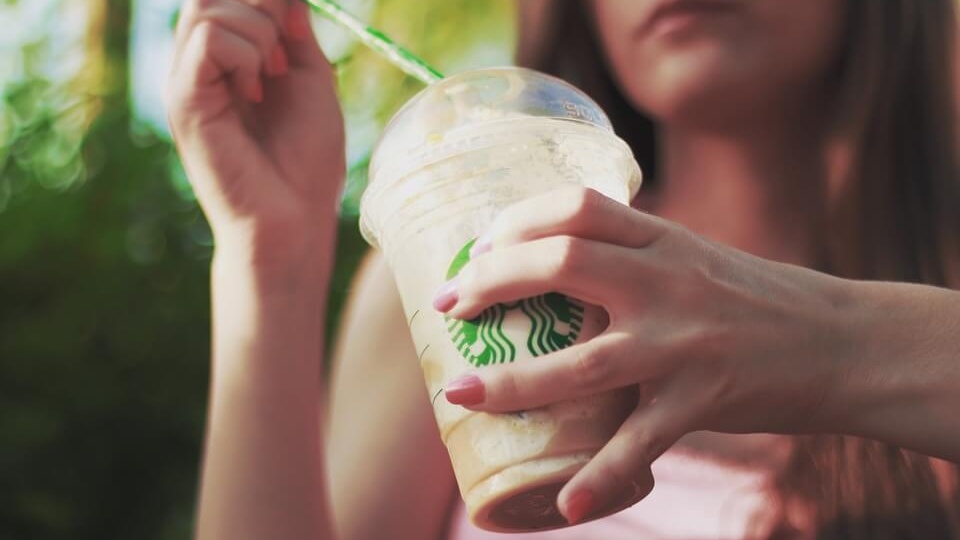The European Commission has proposed to ban easily replaceable single-use plastics, the new rules would apply EU-wide.
The commission has targeted the 10 most popular single-use plastic items, as well as abandoned fishing gear, which make up 70 percent of marine litter and is often discovered on the beaches of Europe. For those items that are not easily replaceable, the EU intends to focus on limiting their use, as well as implicating waste management and clean-up obligations for manufacturers.
“Plastic waste is undeniably a big issue,” said First Vice-President of the European Commission, Frans Timmermans, in a statement. He continued, “Europeans need to act together to tackle this problem because plastic waste ends up in our air, our soil, our oceans, and in our food. Today’s proposals will reduce single-use plastics on our supermarket shelves through a range of measures. We will ban some of these items, and substitute them with cleaner alternatives so people can still use their favourite products.”

Plastic cotton buds, cutlery, plates, straws, drink stirrers, sticks for balloons, would also be banned, along with single-use drinks containers, however, these could still be sold if the cap and the lid remain attached.
The EU Member States would be expected to reduce their use of plastic drinks cups and food containers through national targets, as well as through offering sustainable alternatives or charging for single-use plastic items. Furthermore, if the ban goes ahead, Member States would be expected to collect 90 percent of single-use plastic bottles by 2025.
Products, such as wet wipes, sanitary towels, and balloons, will also require labels, which indicate clearly how they should be disposed of, and the negative impact they can have on the environment.
“Plastic can be fantastic,” said Vice-President Jykri Katainen. “But we need to use it more responsibly. Single-use plastics are not a smart economic or environmental choice.” He added, “This is an opportunity for Europe to lead the way, creating products that the world will demand for decades to come, and extracting more economic value from our precious and limited resources. Our collection target for plastic bottles will also help to generate the necessary volumes for a thriving plastic recycling industry.”


